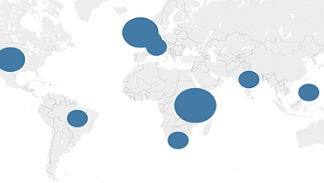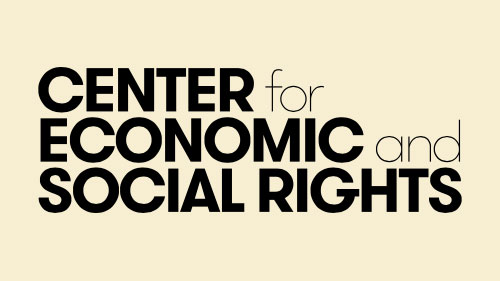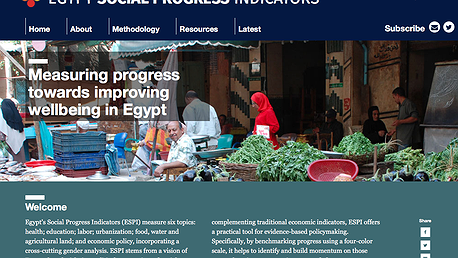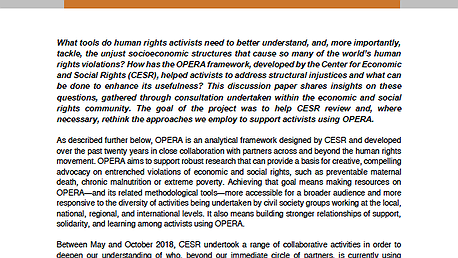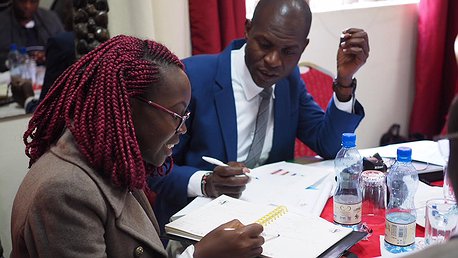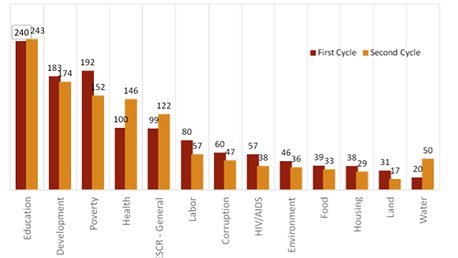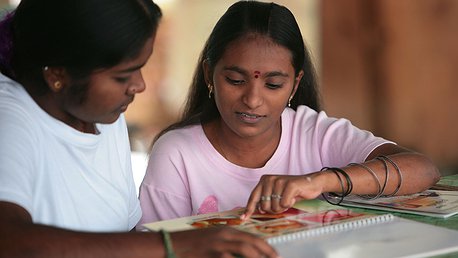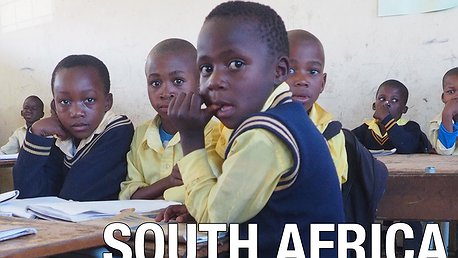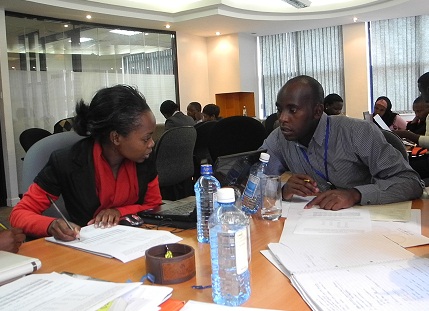 Accountability is a cornerstone of the human rights framework. It has both a corrective and preventative function. It addresses individual and collective grievances and sanctions wrongdoing, on the one hand, whilst also helping to improve policymaking and service delivery, on the other.
Accountability is a cornerstone of the human rights framework. It has both a corrective and preventative function. It addresses individual and collective grievances and sanctions wrongdoing, on the one hand, whilst also helping to improve policymaking and service delivery, on the other.
Nevertheless, the ability to hold states to account for their commitments to realize economic and social rights has been weakened by several factors. The precise scope of state obligations and how these play out in economic and social policy have remained relatively undefined and often contested. Those affected by economic and social rights deprivations have had fewer channels to seek redress, and often lack the space, resources and tools to effectively claim their rights. In addition, major shifts in the globalized economy have led to a proliferation of actors above, below, and beyond the state, all of whom impact on the realization of economic and social rights. This, in turn, makes it less clear who should be responsible for what.
Thus, to leverage the potential of human rights to contribute to meaningful economic and social change, international norms must be translated into well-defined standards against which the economic and social policies of states and other actors can be judged. Affected groups and those supporting them must be enabled to bring evidence of failures to meet these standards before local, national, regional or international accountability mechanisms, whether they be formal or informal. Finally, the corrective action recommended by such mechanisms must be carried out.
In this context, CESR works to increase accountability for violations of economic and social rights, in particular violations that stem from chronic, systemic failures to fulfill these rights. Our efforts target various stages of the accountability cycle, as outlined above. At the research stage, we seek to expose violations of economic and social rights that would otherwise remain hidden, by promoting a more interdisciplinary approach that draws from law, economics, and political science. At the advocacy stage, we seek to communicate research findings creatively, to secure stronger, more actionable and more measurable recommendations from accountability mechanisms mandated to address economic and social rights. And at the implementation stage, we seek to increase the effectiveness of civil society mobilization in sustaining pressure for action.
To achieve these objectives, CESR adopts a number of interlinked strategies. We support rights claiming through long-term and strategic partnerships with activists, lawyers and advocates from around the world. We design and disseminate multidisciplinary training programs, materials and other resources on research methodologies, in order to advance rights monitoring practices. CESR also engages in sensitization and awareness-raising to strengthen accountability mechanisms mandated to monitor states’ compliance with their commitments to realize economic and social rights at the national, regional and international levels.
Issue areas:


